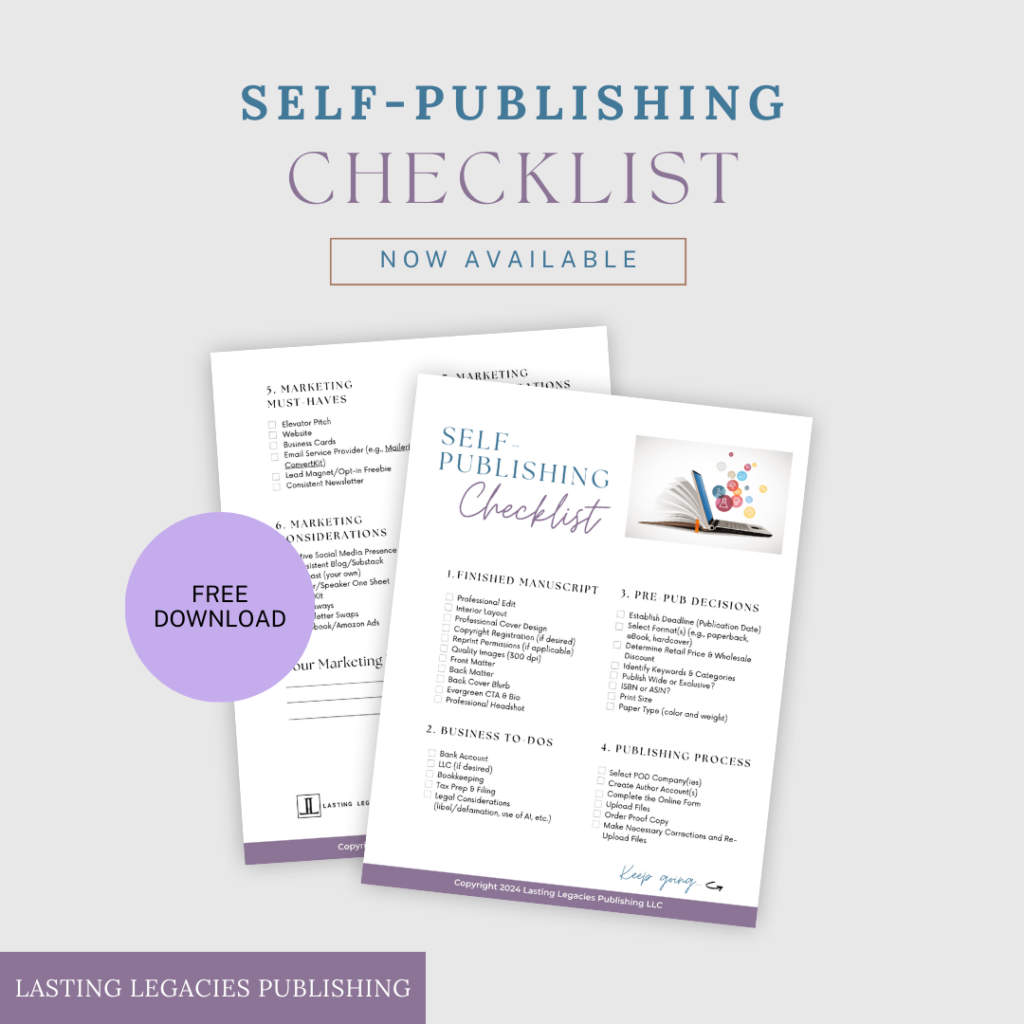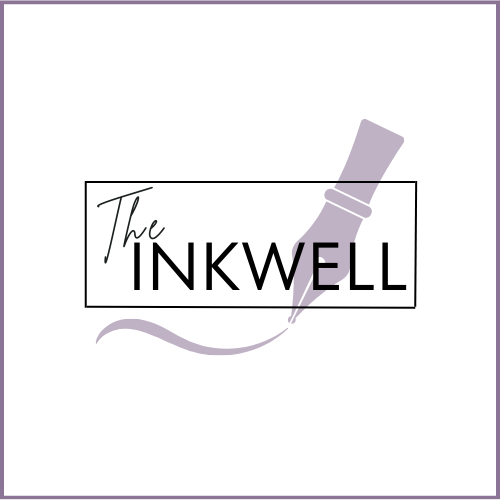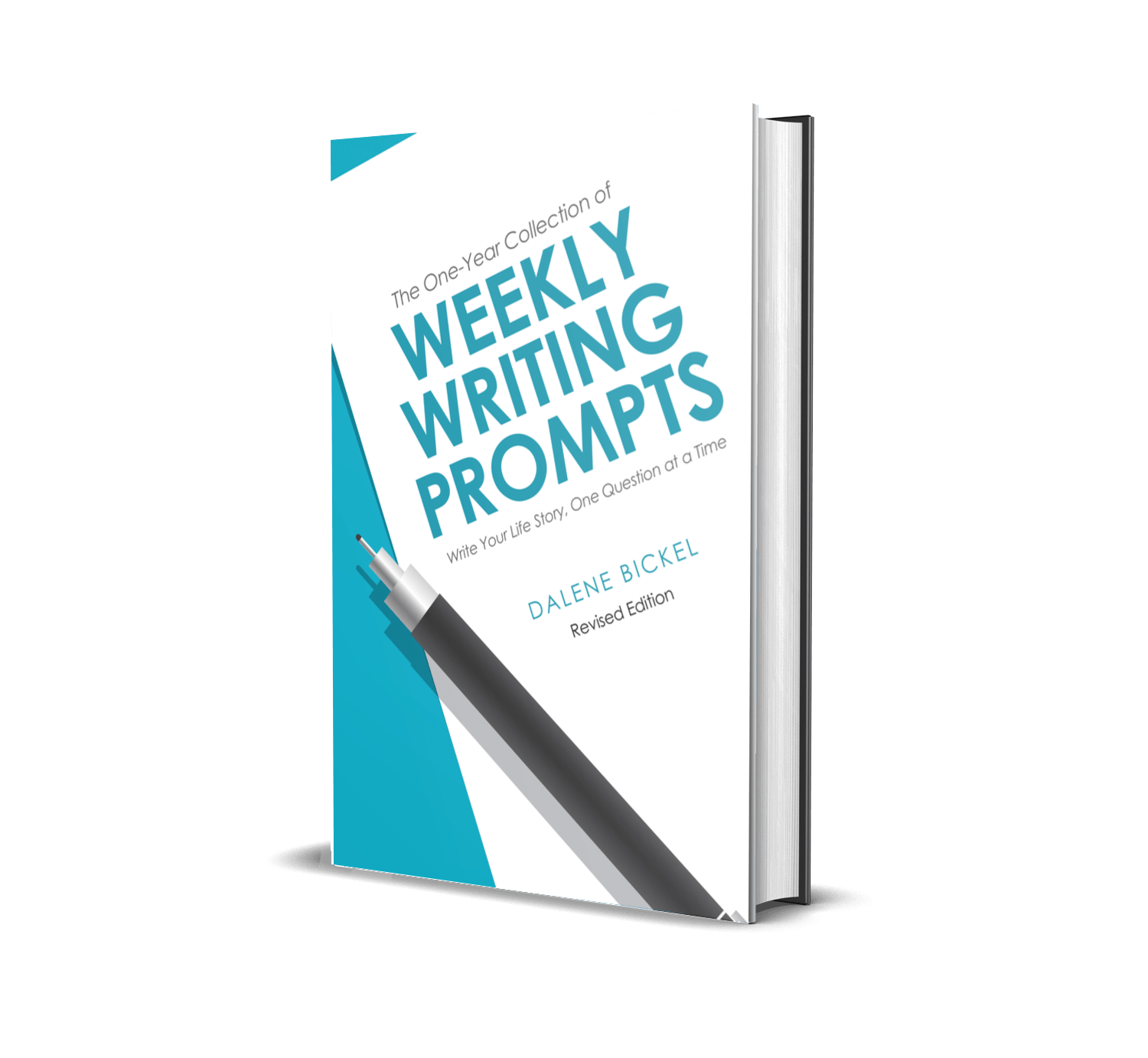LISTEN
READ
In your eagerness to write your book, you might overlook or dismiss two critical things that should be done at the outset of your author journey: creating a goal and developing a budget.
In last week’s episode (6 Things Authors Need), I briefly touched on these two critical components, but today I’m diving deeper into them in this continuation of the Author Summer School series.
Consider it a combo meal deal: get the goal and the budget comes along with it!
Feeling Lost in the Weeds?
Schedule a 1:1 coaching call and let me help you navigate your way with a custom action plan. In our 50 minutes together via Zoom, we will review your goals, examine your current processes, and identify specific strategies to get you moving in the right direction.
Spots are limited so click this link to schedule your session today!
2 Things Authors Tend to Dismiss
Admittedly, establishing a goal and creating a budget aren’t what authors have longed to do since childhood.
No, they’ve always dreamed of writing a book! Just fire up the laptop and start typing, right?
But writing a book isn’t like the Field of Dreams. The line that “If you build it, he [they] will come” makes for a great movie scene, but it lacks substance in the real world.
You can write all the books you want, but readers won’t automatically flock to buy them.
Before you cast the vision and promote your book, you need to know what your goal is.
Since book goals typically involve a desired sales goal, it’s therefore also important to be aware of your finances. By establishing a budget, you’ll ensure that your money is working for you to help you achieve your overall goals.
To better clarify this concept, let’s consider the construction industry.
Builders don’t assemble houses on a whim without any forethought, and rarely, if ever, do they have an unlimited spending budget.
No, first they review and follow the architect’s detailed plans which were developed from the – wait for it – homeowner’s goals, Then – and this is important – builders only buy necessary materials, being sure to stay within a specified budget.
Sure, sometimes things cost more than expected and they go over budget, but the owner is made aware of those situations in advance and given the opportunity to reject the big spend and modify their goals to stay within budget.
The same is true with your book.
Your goals and your budget need to work synchronistically. Established at the outset, they guide you through the book creation process. But they aren’t carved in stone; either can be modified as you go.
Now that you have a better understanding of the importance of a goal and a budget, let’s talk about what they contain.
Don’t Dismiss Your Goal
Last week, I shared three quick questions that will help you formulate your goal:
- Do you want to write 1 book only or many?
- Is writing going to be your side hustle or career?
- Do you intend to self-publish or traditionally publish?
These are good big-picture considerations.
Now let’s begin to break it down even further:
- What do you believe God wants to accomplish through this book? What is the specific message He wants you to share? If you aren’t sure, take the time to pray and seek His guidance.
- Who is your intended audience? Who exactly are you writing this book for and why?
- What is your purpose for writing this book? In regards to your reader, do you want to educate, entertain, inspire? In regards to yourself, do you want it to lead to public speaking opportunities, your book being selected for book club discussions, building your authority within your industry, proceeds benefiting a particular non-profit organization?
- Hopefully your goal isn’t to become an instant millionaire or overnight household name. That might happen, but chances are slim, particularly as a first-time author.Please here me on this: There’s nothing wrong with wanting to earn a solid income from your book or entering award competitions or selecting Amazon categories that offer the best opportunity for you to briefly attain best-seller status. But if those are the primary reasons you’re writing your book, you’ll experience more stress and disappointment than peace and joy.
- Finally, and this is really important, by what date do you want to have your finished book in hand?
These questions aren’t exhaustive, but they’ll get you focused and allow you to confidently move forward.
When you are clear with your goals, it enables you to make better decisions throughout every stage of the process.
Don’t Dismiss a Budget
In last week’s overview episode, I shared 4 money tips with you:
- How much money do you currently have available for writing and promoting your book?
- If you don’t any extra money, don’t go into debt! Determine a way to earn some income to pay for your book.
- Plan ahead for tax time; set up a savings account and regularly set aside a portion of your writing income to cover your annual taxes
- Create a separate bank account for your writing royalties and other related income.
Today, I want to talk more about the budget itself.
First, do you have a budget? If not, why not?
Understanding your love for, or aversion to, tracking your money is important.
We can’t stick our heads in the sand and avoid the realities of our lack of funds. And we shouldn’t proudly think that our current financial solvency will stay that way indefinitely.
Markets constantly fluctuate and our life circumstances frequently change. Both significantly impact our bank accounts, sometimes for the better and sometimes for the worse.
But the good thing about money is that we can make more of it when necessary. It might take some creativity or extra time, but it can be done. We just need to always be aware of our current financial situation.
A lot of people treat a budget like a child facing time-out – a punishment that limits their fun.
But a budget isn’t limiting; it’s actually freeing because it lets you know how much money you have available. It prevents you from going into debt and debt, my friend, is definitely bondage.
So how do you create a budget and how do you use it?
First, let me clarify that I’m not a CPA, bookkeeper, or financial advisor. I do not have a degree in finance and I’m not legally allowed to give you specific money advice. This information is intended to be general in nature. Seek out the guidance of your own qualified financial advisor or CPA in your local area.
All right. How to create a budget:
- Look at your current income. How much is left over at the end of every month after you pay all of your bills? Of that surplus, how much of that can you realistically set aside for your book expenses? This is your budget.
- Whether in a notebook or on a computerized spreadsheet, list all known book expenses. If you’re just starting out and are simply in the writing stage, a few you should consider include:
- an up-to-date computer
- Internet service
- website domain name
- website creation and maintenance
- computer and website security/anti-virus protection
- software purchases
- travel expenses (for research and promotion)
- email service provider (ESP) – some offer free versions
- outside services such as Canva professional and a P.O. Box so you don’t have to share your physical address with the world
- courses/classes to improve your craft
- conferences to learn and meet other writers
- writing organizations/memberships
Again, these are just a few examples that come to mind. Know that many more expenses will crop up as you move into the publishing and marketing phases.
3. Compare your total expenses to your base budget. Do you have enough funds to cover your monthly expenses? If not, it doesn’t mean you can’t write your book.
Get creative!
- What do you have in your house that you no longer need anymore? Hold a yard sale or sell the items online.
- Do you like to sew? Pick up some mending jobs on the side.
I’ve heard of authors picking up flexible side jobs like
- delivering pizza,
- mowing yards,
- shopping for people, or
- driving for Uber or Lyft.
4. Every time you make a purchase or receive a payment, note it on your budget.
5. Regularly review your budget. If you find yourself starting to rely more on your credit card because your budget ran out, it’s time to either make more income or reduce expenses. Look closely at what you’ve been paying for. Are you actively using it? Is it helping move your book forward? If it isn’t serving you, cancel it.
Remember, a budget is a tool to help you. But it doesn’t operate on its own. You have to actively adjust and review it to get the most out of it.
So there you have it! Now that you know the two things you should not dismiss as an author, I’d love to know what you think!
Leave a question or comment below and I’ll be sure to respond.
Are you on my email list?
If not, sign up to receive your free copy of the 10-Step Author Blueprint, my gift to you for signing up for the newsletter!
———————————————————————————————-
Ready to Create a Writing Habit and Meet Your Publishing Goal?
Join the Inkwell Collective!
The Inkwell Collective is a new membership community where Christian writers gather virtually to write, build their faith, establish meaningful connections, and get their book-related questions answered!
So what’s a Christian writer?
It’s anyone who is a Christian who writes. You don’t have to be writing a Bible study or devotional to join, just be a professing Christian who writes clean, God-honoring blogs and books. All genres and writing levels are welcome.
The general membership is free, and enables you to connect with fellow Christian writers. Ask questions, celebrate successes and ask for prayer 24/7. It’s like a Facebook group, but off of social media.
The paid basic membership enables you to discover the joys and benefits of writing together at one of our weekly virtual co writing sessions we have currently offered to and to participate in the live monthly Q&A sessions.
Don’t keep writing alone. Why not connect with other like minded writers?
Learn more about the Inkwell Collective. On that landing page, you will see a video tutorial so you get to see actually what it looks like inside. You can join for free to get a feel for it and see if you like it.
Come get connected with other Christian writers who don’t just support each other, but also encourage each other and grow in the Lord together.







0 Comments